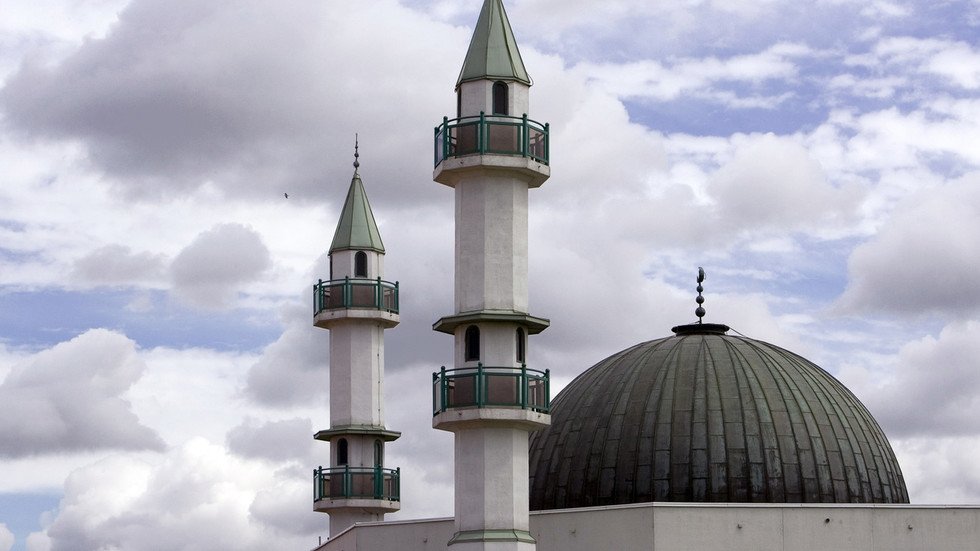Wow, I thought we were kind of done with this one, but okay.
Most countries in Europe (and the Americas, for that matter) do allow for the limitation of free expression on the basis of offence to religious feelings, and the way these laws are actually applied is very unfair, because in practice such laws are typically framed around preventing breaches of the peace. What counts as a breach of the peace is, of course, determined by the standards of the majority, or what will cause offence to enough people to pose a threat of social disorder, which in a country with a majority religion results in that group being favoured. Heck, this same issue has gone to EU courts several times, and the consistent ruling has always been in favour of majority religious sensibilities. Muslims, and other minority religions in European countries, are actually far less protected from religious offence than Christians.
What's actually at stake here is less some unique sensitivity on the part of Muslims, and more the inability to understand how sacredness works within particular religious traditions.
Protestantism, in particular, is traditionally iconoclastic. There's a very strong religious taboo against worshipping or even venerating objectss, because this is seen as elevating those objects to a status that can only be occupied by God. For Protestants, burning the bible only matters because it is a symbolic insult to the Christian faith, not because the Bible itself is is a significant object. People from Protestant countries, including those who are not religious, tend to take this Protestant iconoclasm as a standard for "reasonable" religious behaviour. Thus, the assumption is that if Muslims are upset by the burning of the Quran, it's because they're unable to accept an attack on the symbols of their faith. In most religions, however, certain objects are not just symbols, they are the objects of veneration. Idols in Hinduism and Buddhism, for example, are not symbols of the Hindu and Buddhist faith, they are ceremonial objects. The Torah used in Jewish observances is written on a scroll by scribes who are trained to perfectly replicate every single marking, because it's not just a book. The object itself is important.
And yet we never have a discussion about whether Hindus, Buddhists or Jews (or Catholics for that matter) can exist in a secular society. We don't burn Buddhist icons or Torah scrolls, probably because that would be immediately interpreted as an act of religious iconoclasm. It would, itself, violate the secular contract. If we saw someone burning Torah scrolls, we wouldn't think they were striking a blow for freedom of religious expression, we'd immediately understand that they were motivated by a kind of Christian chauvanism, or worse racial anti-semitism. We'd understand that they'd violated a kind of secular peace treaty which enables us all to live together despite our very different beliefs.
During the War on Terror, you could kind of get away with this kind of Islamophobia by arguing that Muslims were unusually dangerous and fanatical, and then pointing to Islamist terrorist attacks. However, with the majority of terrorist attacks and political violence in general now carried out by right wing extremists, that excuse doesn't even fly on a conceptual level. The people burning Qurans are the ones who are most likely to end up killing people. You can't claim to be striking a blow against dangerous fanaticism if you are the dangerous fanatic



